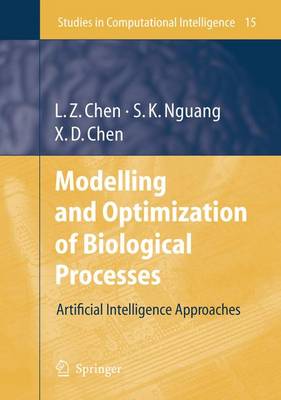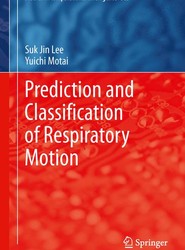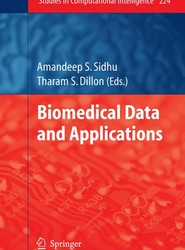(To see other currencies, click on price)
MORE ABOUT THIS BOOK
Main description:
Mostindustrialbiotechnologicalprocessesareoperatedempirically.Oneofthe major di?culties of applying advanced control theories is the highly nonlinear nature of the processes. This book examines approaches based on arti?cial intelligencemethods,inparticular,geneticalgorithmsandneuralnetworks,for monitoring, modelling and optimization of fed-batch fermentation processes. The main aim of a process control is to maximize the ?nal product with minimum development and production costs. This book is interdisciplinary in nature, combining topics from biotechn- ogy, arti?cial intelligence, system identi?cation, process monitoring, process modelling and optimal control. Both simulation and experimental validation are performed in this study to demonstrate the suitability and feasibility of proposed methodologies. An online biomass sensor is constructed using a - current neural network for predicting the biomass concentration online with only three measurements (dissolved oxygen, volume and feed rate). Results show that the proposed sensor is comparable or even superior to other sensors proposed in the literature that use more than three measurements. Biote- nological processes are modelled by cascading two recurrent neural networks. It is found that neural models are able to describe the processes with high accuracy. Optimization of the ?nal product is achieved using modi?ed genetic algorithms to determine optimal feed rate pro?les. Experimental results of the corresponding production yields demonstrate that genetic algorithms are powerful tools for optimization of highly nonlinear systems. Moreover, a c- bination of recurrentneural networks and genetic algorithms provides a useful and cost-e?ective methodology for optimizing biotechnological processes.
Back cover:
This book presents logical approaches to monitoring, modelling and optimization of fed-batch fermentation processes based on artificial intelligence methods, in particular, neural networks and genetic algorithms. Both computer simulation and experimental validation are demonstrated in this book. The approaches proposed in this book can be readily adopted for different processes and control schemes to achieve maximum productivity with minimum development and production costs. These approaches can eliminate the difficulties of having to specify completely the structures and parameters of highly nonlinear bioprocess models.
The book begins with a historical introduction to the field of bioprocess control based on artificial intelligence approaches, followed by two chapters covering the optimization of fed-batch culture using genetic algorithms. Online biomass soft-sensors are constructed in Chapter 4 using recurrent neural networks. The bioprocess is then modelled in Chapter 5 by cascading two soft-sensor neural networks. Optimization and validation of the final product are detailed in Chapters 6 and 7. The general conclusions are drawn in Chapter 8.
Contents:
Optimization of Fed-batch Culture of Hybridoma Cells using Genetic Algorithms.- On-line Identification and Optimization of Feed Rate Profiles for Fed-batch Culture of Hybridoma Cells.- On-line Softsensor Development for Biomass Measurements using Dynamic Neural Networks.- Optimization of Fed-batch Fermentation Processes using Genetic Algorithms based on Cascade Dynamic Neural Network Models.- Experimental Validation of Cascade Recurrent Neural Network Models.- Designing and Implementing Optimal Control of Fed-batch Fermentation Processes.- Conclusions.
PRODUCT DETAILS
Publisher: Springer (Springer Berlin Heidelberg)
Publication date: January, 2006
Pages: 123
Weight: 810g
Availability: Not available (reason unspecified)
Subcategories: Biomedical Engineering
Publisher recommends
From the same series
















































